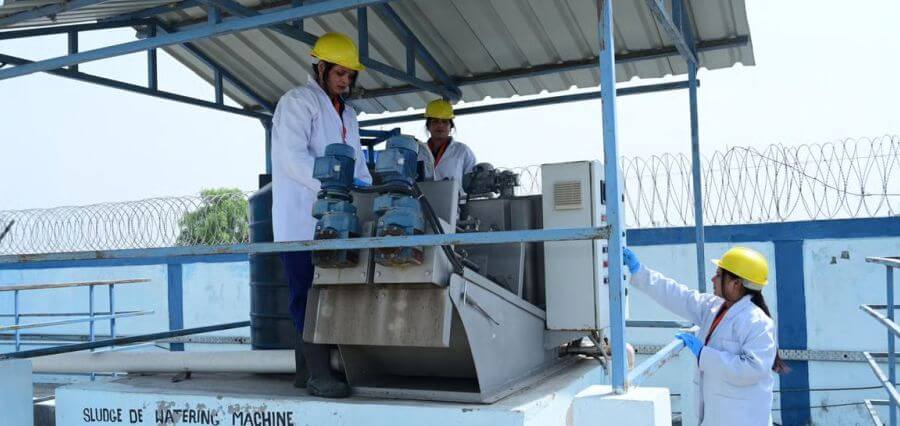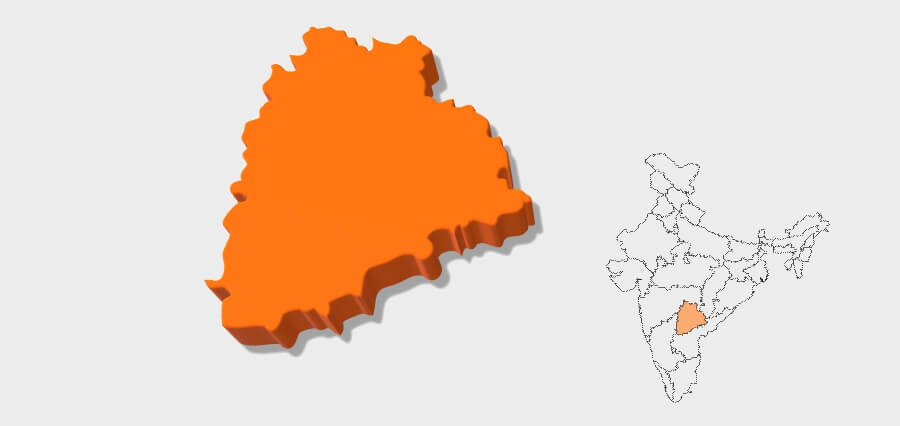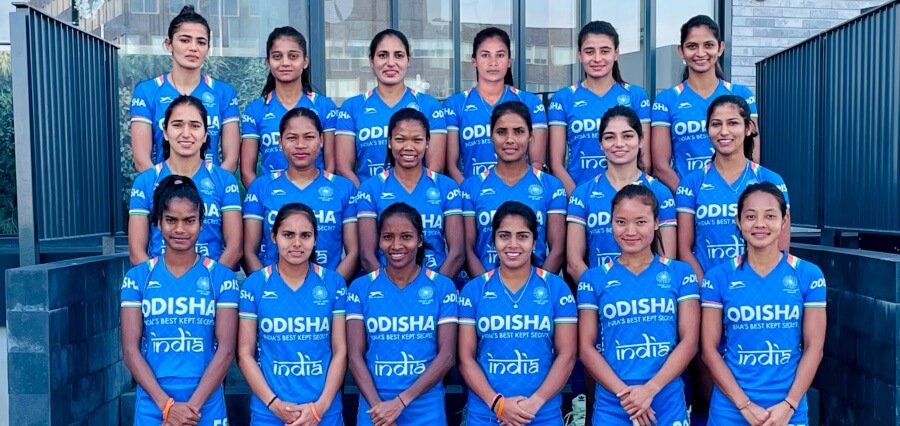Empowered by the AMRUT Mitra initiative, women are now taking on the challenging roles of operations and maintenance (O&M) at Faecal Sludge Treatment Plants (FSTPs), setting a new standard for inclusivity and capability in urban sanitation management.
“No one believed that we could do this job. Many used to say that we would only be able to continue our work at the FSTP for a couple of days before we would finally leave,” shares Aparna Sahu, a supervisor at the FSTP in Jaunpur, Uttar Pradesh.
Aparna, from a lower-middle-class family, completed her sociology degree in 2022. While searching for a job, she joined a self-help group (SHG) in her ward to stay engaged and motivated. It has been three years since she joined the SHG. Recently, the lives of Aparna and three other SHG members took a new turn as they assumed responsibility for the O&M of the FSTP, following a work order from Jaunpur Nagar Palika Parishad, under the AMRUT Mitra initiative, aligned with women’s empowerment.
Uttar Pradesh has 59 septage treatment plants, including FSTPs and co-treatment units, with 54 funded under the AMRUT program. The priority for city municipalities and the state is to operate these plants regularly. While some plants engage contractors for O&M, others opt to involve SHG women in this task.
As a pilot project, the Uttar Pradesh government engaged women SHG members through the AMRUT Mitra initiative in four 32-kilolitre-per-day FSTPs in Sitapur, Raebareli, Jaunpur, and Khurja. However, involving women in the operation of these plants, which often use hybrid technology with electro-mechanical devices like Supervisory Control and Data Acquisition (SCADA) and screw press, is challenging.
Out of the 54 AMRUT plants, 31 use screw press technology, making it difficult for non-experts to manage the O&M. Despite this, when the opportunity under the AMRUT Mitra scheme to involve women in water and sanitation activities arose, Additional Mission Director PK Srivastava of AMRUT in the state did not hesitate. He had witnessed women and transgender SHGs managing FSTPs during an exposure visit to Odisha organized by the Delhi-based think tank Centre for Science and Environment (CSE).
The engagement of SHGs under the AMRUT Mitra initiative has opened up convergence possibilities between two departments: the state AMRUT, which handles project proposals, approvals, and fund transfers, and the State Urban Development Agency (SUDA), responsible for shortlisting and engaging the right set of women SHGs.
Read More: Click Here





